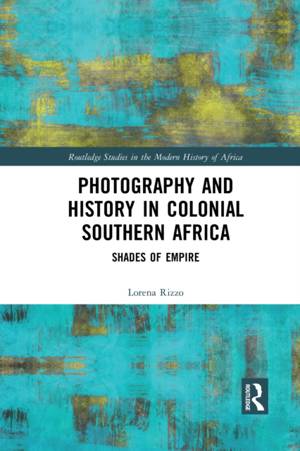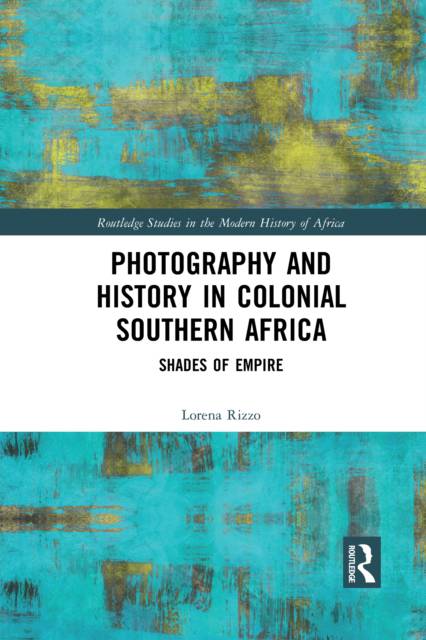
- Retrait gratuit dans votre magasin Club
- 7.000.000 titres dans notre catalogue
- Payer en toute sécurité
- Toujours un magasin près de chez vous
- Retrait gratuit dans votre magasin Club
- 7.000.0000 titres dans notre catalogue
- Payer en toute sécurité
- Toujours un magasin près de chez vous
Description
This book studies the relationship between photography and history in colonial Southern Africa, using a series of encounters with Southern African photographic archives to reflect on photography as a distinct historical form.
Through use of private and public archives, images produced by African itinerant photographers, white settlers, and colonial state institutions, this book explores the relationship between photography and history in colonial Southern Africa. Late nineteenth century Cape Colonial prison albums, police photographs from German Southwest Africa, African studio portraits, identity documents, travel permits and passports from the 1920s and 1930s, visual studies of whiteness and blackness authored by settler photographers, South African dompas photographs from the 1950s and 1960s, and aerial photography from the Eastern Cape in the mid-twentieth century are examined to highlight the ways in which photographic images cut across conventional institutional boundaries and complicate rigid distinctions between the private and the public, the political and the aesthetic, the colonial and the vernacular, or the subject and the object. Photography and History in Colonial Southern Africa argues that rather than understanding photographs as a means of preserving and recreating the past in the present, we can value them for how they evoke at once the need for and the limits of historical reconstruction.
This book will be of interest to students and scholars of colonial history, photographic history, visual media, and African studies.
Spécifications
Parties prenantes
- Auteur(s) :
- Editeur:
Contenu
- Nombre de pages :
- 304
- Langue:
- Anglais
- Collection :
Caractéristiques
- EAN:
- 9781032089058
- Date de parution :
- 30-06-21
- Format:
- Livre broché
- Format numérique:
- Trade paperback (VS)
- Dimensions :
- 156 mm x 234 mm
- Poids :
- 426 g

Les avis
Nous publions uniquement les avis qui respectent les conditions requises. Consultez nos conditions pour les avis.






